Nutrition For Amateur Soccer Players
“The more glycogen, the further and faster the player ran” you may have read this quote somewhere. It clarifies how important nutrition is for a player. Food that a player consumes has an impact on performance, particularly in the latter stages of matches when the energy stored become depleted.
If we talk about an amateur player the energy demand may not be quite as great, a professional player.
Nutrition is important for every soccer player
The diet of an amateur soccer player should be based on high carbohydrate foods. The number of carbohydrates should be 60%. Protein should be 12-15%, and fat should be 25-30%. An amateur soccer player who practices regularly should have a daily target of 8-10g of carbohydrate per kg of body weight.
Why a high-carbohydrate diet? Are they getting enough?
A high-carbohydrate, moderate protein and a low-fat diet are suggested for the amateur player because all these will give enough calories and nutrients to grow, train, and compete.
As we know carbohydrates work as fuel in our body and it is the critical source of energy. Low carbohydrates can cause fatigue. Nutritionists recommend more than half of total energy intake for light to the moderate training program.
What should an amateur player eat before a game?
On the game day, you may be wondering when and what a player should eat on that particular day. But always keep in mind that what’s eaten on the game day only has a small role in the player’s energy for that day. What the player eats two to three days before the game is much more important.
An amateur player should eat around 3-4 hours before the game to avoid the effects of insulin that can make you feel drained. You can have fruits, cereals for your breakfast. Having a banana can be a good choice, it gives you instant energy.
What should an amateur player eat after a game?
After the game players get dehydrated so, within the first two hours after the game, you must feed yourself to get the energy back. Fruits can be the best post-game snack as they are light, easy to consume and provide you with some good carbohydrates. You can have a protein bar or shake, as a beneficiary in muscle recovery after the game.
Which foods should amateur soccer players avoid?
- Soda, soft drinks (try to replace these with juices).
- Large portions of meats and fats – protein is important for muscle development, but lean protein is best.
- 100% high grain foods – complex carbohydrates will weigh a player down.
What mistakes do amateur players make when it comes to nutrition?
Amateur players take nutrition for granted. They don’t take the right amount of fruits and vegetables. They should take the right amount of vitamins and antioxidants in their diet to maintain health. Secondly, they do not have the right diet plan.
Conclusion
Amateur soccer players should take care of their nutrition. You need to focus on being hydrated at all times, including during the match. After the match players need to recover so it is necessary to have plenty of carbohydrates, protein, and fats. Proper timing and a balanced diet can make you successful in your football career.
Topic covered in this article:
- Nutrition for an amateur soccer player
- Why a high-carbohydrate diet? Are they getting enough?
- What should an amateur player eat before a game?
- What should an amateur player eat after a game?
- Which foods should amateur soccer players avoid?
- What mistakes do amateur players make when it comes to nutrition?
Thanks for reading this article. I hope this helps!

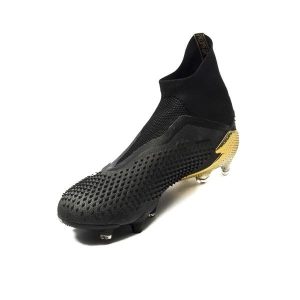
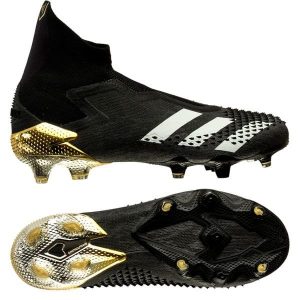
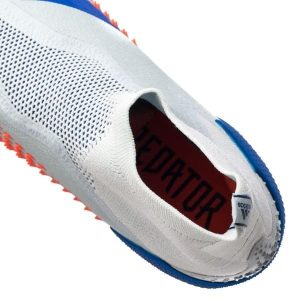
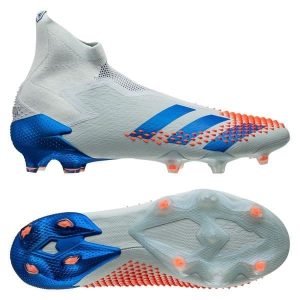
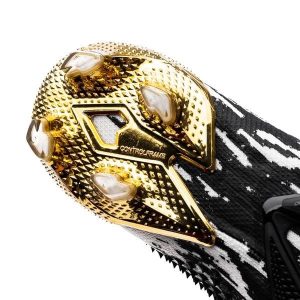
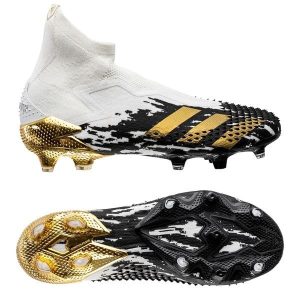
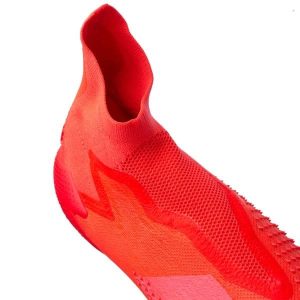
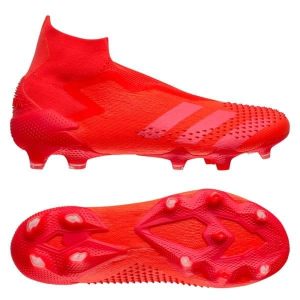
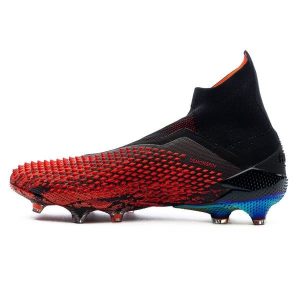
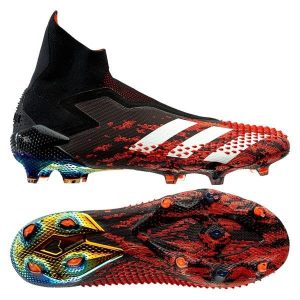
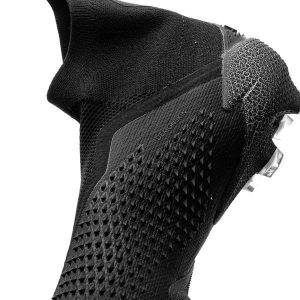
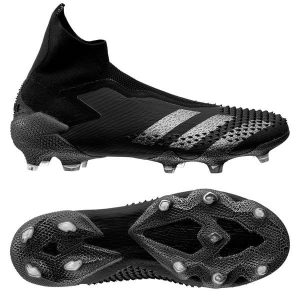
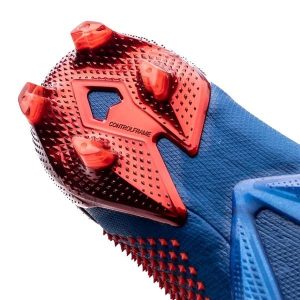
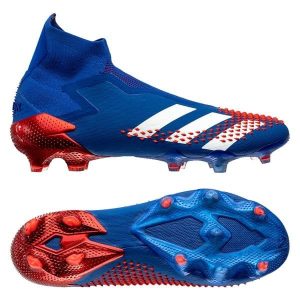
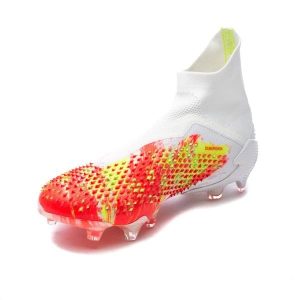
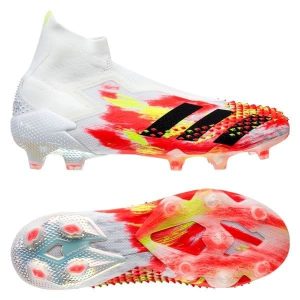


One comment
Gaza and its Resistance to Israel's Brutal Attacks
I do not even understand how I ended up here but I assumed this publish used to be great